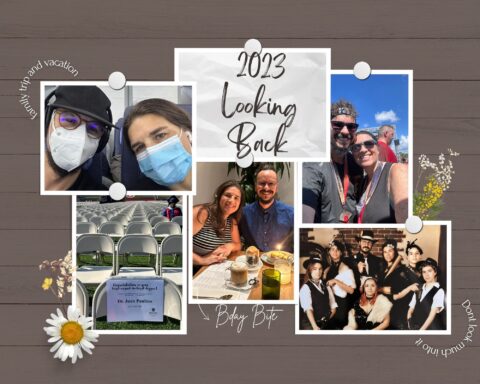The story of man and creation, according to the Bible, begins in the second chapter of the book of Genesis where the author writes in Genesis 2:7 “Then the Lord God formed a man from the dust of the ground and breathed into his nostrils the breath of life, and the man became a living being.” (New International Version, 1978/2011). Man and woman were formed by God and they both shared God’s breath of life, thus life was the supernatural outcome of this breathing transaction. Men and women both were created by God, and in this perfect union with their Creator, with each other, and the creation, they were free, shameless, and securely attached as shown in Genesis 2:24-25 The man said,“That is why a man leaves his father and mother and is united to his wife, and they become one flesh. Adam and his wife were both naked, and they felt no shame.”
Immediately after this groundbreaking event God pointed out the whole gamut of options, offerings, and richness all around His crème de la crème creation as stated in Genesis 2:8-9 “Now the Lord God had planted a garden in the east, in Eden; and there he put the man he had formed. The Lord God made all kinds of trees grow out of the ground—trees that were pleasing to the eye and good for food. In the middle of the garden were the tree of life and the tree of the knowledge of good and evil.”(New International Version, 1978/2011). God pointed out the abundance and depth of His provisions and even planted two (2) trees in the middle of the Garden, one which has received a lot of attention and publicity and another which gets much less “camera time”.
The first tree referenced, planted at the center is the infamous tree of knowledge of good and evil. Partaking from this tree would come with serious consequences as we will see shortly. However before rushing to the narrative of this renown tree, we need to pause and recognize the existence of another tree also planted in the center of the garden with an equal everlasting promise implied in the name: the tree of life. This tree of life came with little fanfare, but it represented the sum of all already provided by God and its consumption resulted in a secure attachment, a satisfying relationship with God, self, and each other.
This first stage presented Adam and Eve, man and woman, in an interdependent relationship with God, self, other, and nature/community. In this open and transparent relationship they had what Timothy Keller refers to as “the freedom of self-forgetfulness” (Keller, 2014), which is the detachment of self-judging and the indifference towards others judgments of self, due to a deep connection with their Maker. Along with this sense of fulfillment there was also another alternative, an option to lust over godship, to quench a thirst they did not have, to obtain what they already possessed. The way to this alternative way was partaking on the tree of knowledge of good and evil.
This departure from interdependence, secure spiritual attachment, and perfect communion with self, others, and God, was the beginning of The Fall. In Genesis 3:4-5 we learn the serpent’s invitation for this alternative route: ““You will not certainly die,” the serpent said to the woman. “For God knows that when you eat from it your eyes will be opened, and you will be like God, knowing good and evil.””(New International Version, 1978/2011). The result is shown in Genesis 3:7 which tells us “Then the eyes of both of them were opened, and they realized they were naked; so they sewed fig leaves together and made coverings for themselves.”(New International Version, 1978/2011). The serpent’s pitch was truthful, they both became “like God”, however in only one aspect: judging. The problem with this is judging alone without God’s other attributes is a liability, and in practice judging becomes judgementalism (Boyd, 2004).
In this context redemption is the grafting into the tree of life. In Christ our redeemer we have an invitation to “abide in Him” which corresponds to God’s the Father call to eat and enjoy from the original tree of life planted at the center of Eden, and manifested all around the garden. In Christ our couples regain alignment and grounding, freedom and interdependence, heaven and earth, God and community.
References
Boyd, G. (2004). Repenting of religion. Baker Books.
New International Version Bible. (2011). Zondervan. (Original work published 1978)
Keller, T. (2014). The freedom of self-forgetfulness. Farington, UK: 10Publishing.
Parhizgar, O., Esmaelzadeh-Saeieh, S., Akbari Kamrani, M., Rahimzadeh, M., & Tehranizadeh, M. (2017). Effect of Premarital Counseling on Marital Satisfaction. Shiraz E-Medical Journal, 18(5). doi: 10.5812/semj.44693







